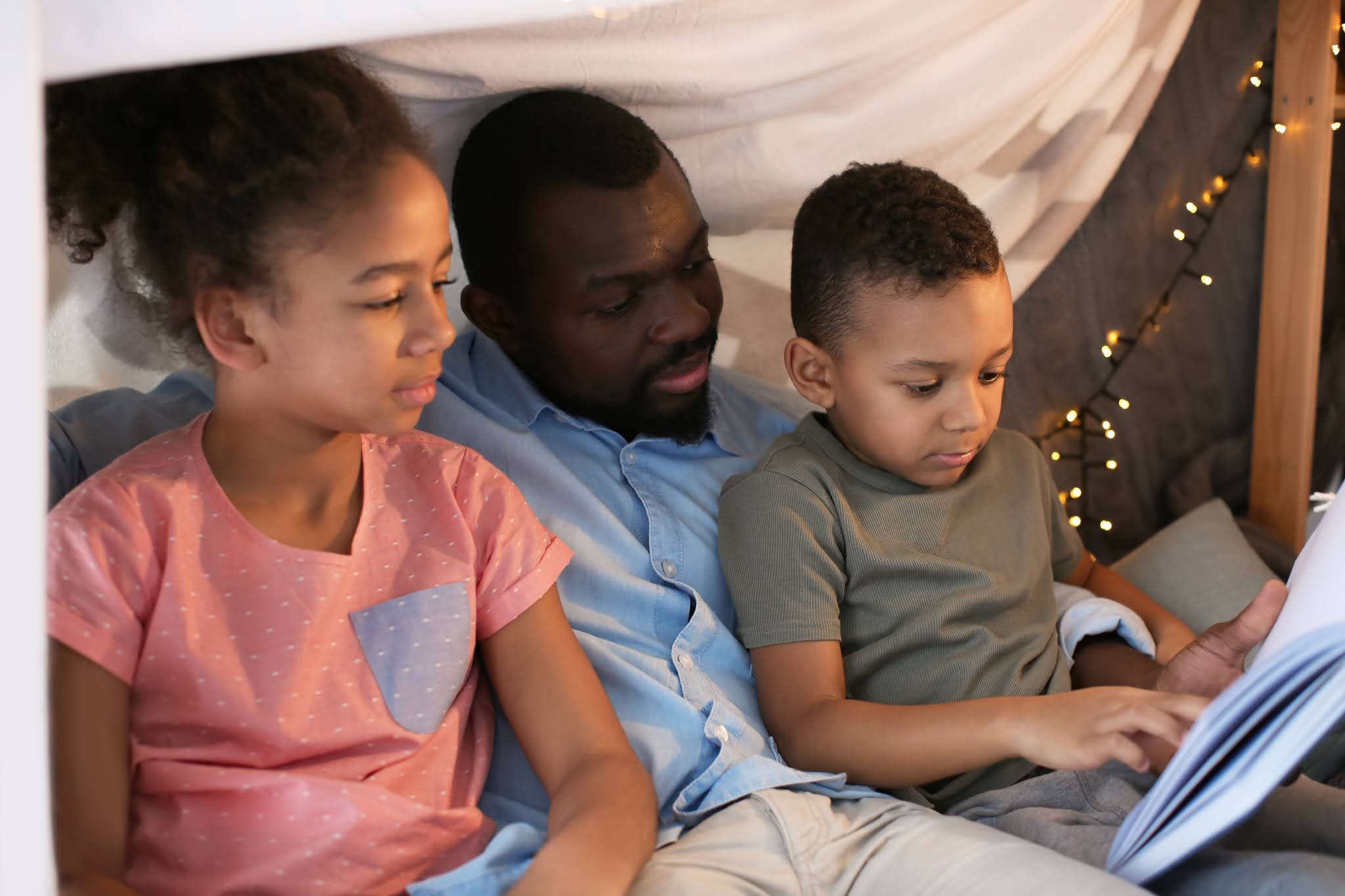













Why Motivation Matters: What Evolution Teaches Us About Education
If everybody enjoys learning, why do some not enjoy school? Why do some students light up with curiosity while others tune out?


Growing Brains Through Routines
Welcome to the new school year! It can be a time of anticipation and excitement, or apprehension and anxiety - or a combination. In the Connection Corner we will share information, tips, and tools for social-emotional skills, well-being, and positive mindsets, applicable in the home, classroom and virtual learning environments, to enhance everyone’s educational experience.
Did you know that from birth to age five, a child’s brain develops more than at any other time in life? A baby is born with 100 billion neurons just waiting to connect! Neurons are nerve cells, the building blocks of brain development, and neuronal connections are made through everyday experiences. But don’t worry if your child is older than five - brains have plasticity, and learning continues throughout the lifespan.

Healthy Mind, Healthy Summer
As our sights become set on summer break, there is a tendency to want to abandon routines and structure, and just “go with the flow.” While taking a break is important and needed, it’s also important to maintain health and well-being. Dr. Dan Siegel’s research-based “Healthy Mind Platter” is a guide for finding balance, offering “seven daily essentials” for a healthy mind for adults and kids: https://drdansiegel.com/healthy-mind-platter/

Terrific Teens
There exists a stereotype of toddlers referred to as the ‘Terrible Two’s. The increased abilities and autonomy characteristic of that age present parents/teachers with the challenge of finding a balance between allowing for exploration and discovery while keeping them and others safe. It is also a time of testing which can result in power struggles that feel ‘terrible’ for both adult and child.

The Wheel of Choice
Having options and the opportunity to choose is liberating and facilitates self-directed and self-determined behavior. When confronted with challenges or feelings we’re not sure what to do with, having a Wheel of Choice keeps us mindful of options and takes us to next steps.

Hints from Hummingbirds
I was struck by the lessons the mother bird provided for human parenting/teaching. In addition to adults providing safety, nourishment, and modeling, children need freedom, autonomy and trust to independently practice survival skills on their own. We can read their cues and step in only as needed. We can recognize that each child develops in their own time and in their own space, and that cooperation from those around them enables this to occur.
